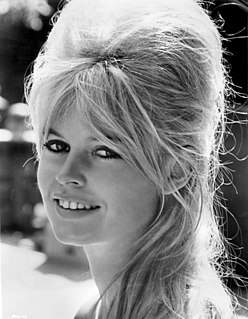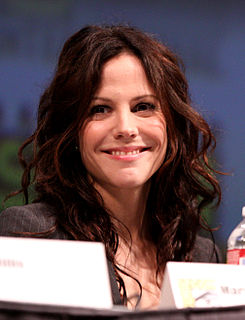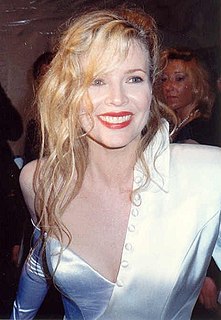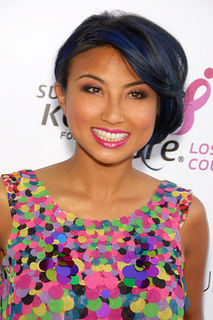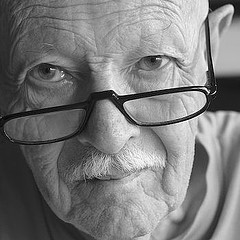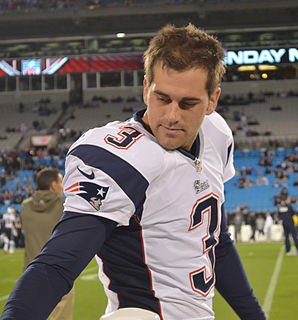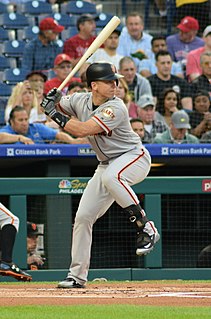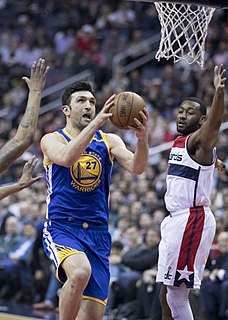A Quote by Johnny Vander Meer
All the publicity, the attention, the interviews, the photographs, were too much for me (after throwing his second no-hitter in 1938).
Related Quotes
When I first knew Bob Dylan, he lived in the Village. And for a man who, years after, would disdain publicity or any attempts at interviews, whenever I'd write something about him, he'd be on the street corner saying, `When's it going to run? When's it going to run?' But I must say that album that was - it was the second album he did, and though I've never been a fan of his guitar-playing, he did - I have to admit, he did catch the Zeitgeist of the time.
Now that I think about it, my 40th birthday was the most anxiety I've ever had, and my wedding was also the second time I've had that much anxiety. So I'm starting to realize that I can't be throwing these big bash parties because I need to own that I get anxiety with a lot of people diverting their attention to me.
If I'm throwing a no-hitter and someone says, 'Hey, you've got a no-hitter,' obviously I'd be like, 'Yeah, I know.' I just try to be humble. I don't like to talk about myself. I have no problem speaking up when I screw up, but if I'm doing good, people are going to notice. I don't need to talk about it.

